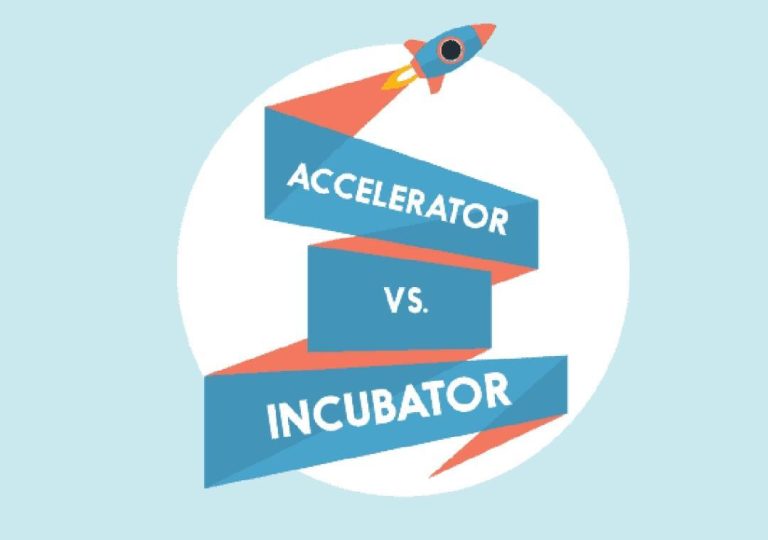
AI, Creators & Tier-2 Cities Power India’s Startup Growth
India’s startup ecosystem has been on a rapid growth trajectory in recent years, with an increasingly complex and dynamic landscape. A new report from Meta-A&M, a leading research firm, has shed light on the key trends driving this growth, and the findings are both fascinating and instructive. According to the report, 70% of Indian startups are already using Artificial Intelligence (AI) to drive innovation, while 67% have adopted omnichannel models to engage with customers. What’s more, a staggering 95% of startups are now targeting smaller cities and towns, rather than just the metros.
These trends are not only reshaping the way startups operate, but also transforming the way they connect with users and build future-ready brands. In this blog post, we’ll delve into the report’s findings and explore what they mean for the Indian startup ecosystem.
AI: The Key to Innovation
The report’s finding that 70% of Indian startups are using AI is hardly surprising, given the technology’s potential to drive efficiency, reduce costs, and unlock new revenue streams. From chatbots and virtual assistants to predictive analytics and machine learning, AI is being used in a wide range of applications across industries.
For example, AI-powered customer service platforms are becoming increasingly popular, allowing startups to provide 24/7 support to their customers without the need for human intervention. Similarly, AI-driven marketing tools are helping startups to personalize their marketing campaigns, improve conversion rates, and reduce the cost of customer acquisition.
But AI is not just being used to drive efficiency and cost savings. It’s also being used to drive innovation and create new business models. For instance, AI-powered healthcare startups are using machine learning algorithms to develop personalized treatment plans for patients, while AI-driven fintech startups are using predictive analytics to identify high-risk borrowers and offer them targeted financial products.
Omnichannel Models: The Future of Customer Engagement
The report’s finding that 67% of Indian startups have adopted omnichannel models is equally significant, given the importance of seamless customer engagement in today’s digital age. Omnichannel models involve integrating multiple channels, such as social media, email, messaging apps, and websites, to create a unified customer experience.
By adopting omnichannel models, startups can provide customers with a consistent brand experience across all touchpoints, regardless of whether they’re interacting with the brand online or offline. This not only improves customer satisfaction, but also increases customer loyalty and retention.
In addition, omnichannel models enable startups to collect and analyze customer data more effectively, allowing them to identify trends and preferences, and develop targeted marketing campaigns. For instance, a fashion e-commerce startup can use data from its social media channels to identify popular styles and trends, and then use that information to create targeted email campaigns and in-store promotions.
Tier-2 and Tier-3 Cities: The New Frontier
The report’s finding that 95% of Indian startups are now targeting smaller cities and towns is a significant shift in the startup ecosystem. For years, startups have focused primarily on the metros, where they could tap into a large and affluent customer base. However, as the Indian startup ecosystem has grown and matured, startups are now recognizing the potential of smaller cities and towns.
These cities and towns offer a number of advantages, including lower costs, a younger and more educated workforce, and a growing middle class with increasing disposable income. By targeting these cities and towns, startups can not only tap into new markets, but also reduce their costs and increase their scalability.
In addition, smaller cities and towns offer a more conducive environment for startups, with fewer regulatory hurdles and a more relaxed business environment. For instance, a startup can establish a presence in a smaller city or town with minimal regulatory formalities, and then scale up as the business grows.
Creator Economy: The Rise of Influencers and Partnerships
Finally, the report’s finding that 88% of Indian startups are partnering with influencers and content creators early in their growth journey is a significant trend in the startup ecosystem. The creator economy is all about building relationships with influencers and content creators who can help startups reach new audiences and build brand awareness.
By partnering with influencers and content creators, startups can tap into their existing audience and reach new customers more effectively. For instance, a beauty startup can partner with a popular beauty influencer to promote its products and reach a new audience of beauty enthusiasts.
In addition, partnering with influencers and content creators can help startups build credibility and trust with their target audience. For instance, a startup that partners with a well-known influencer can benefit from the influencer’s credibility and reputation, and use that to build trust with its target audience.
Conclusion
The Indian startup ecosystem is evolving fast, led by AI adoption, omnichannel models, Tier-2/3 city expansion, and creator-driven branding. These trends are reshaping how startups scale, connect with users, and build future-ready brands across India. By understanding these trends and adopting them early, startups can gain a competitive edge and drive growth in the Indian market.
Source:






